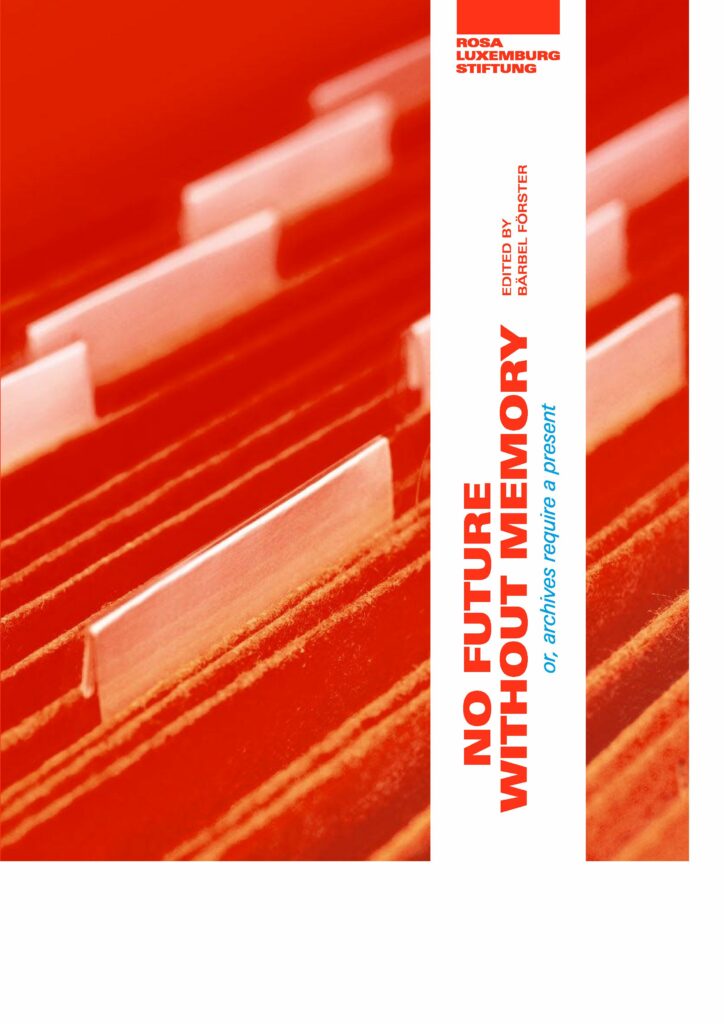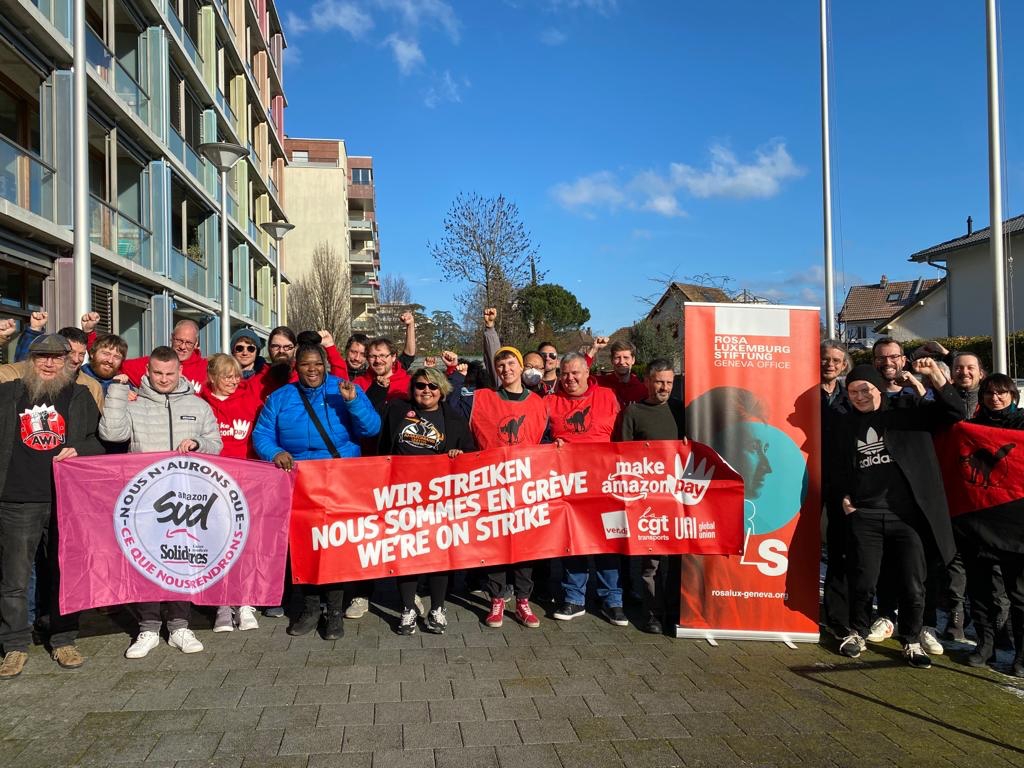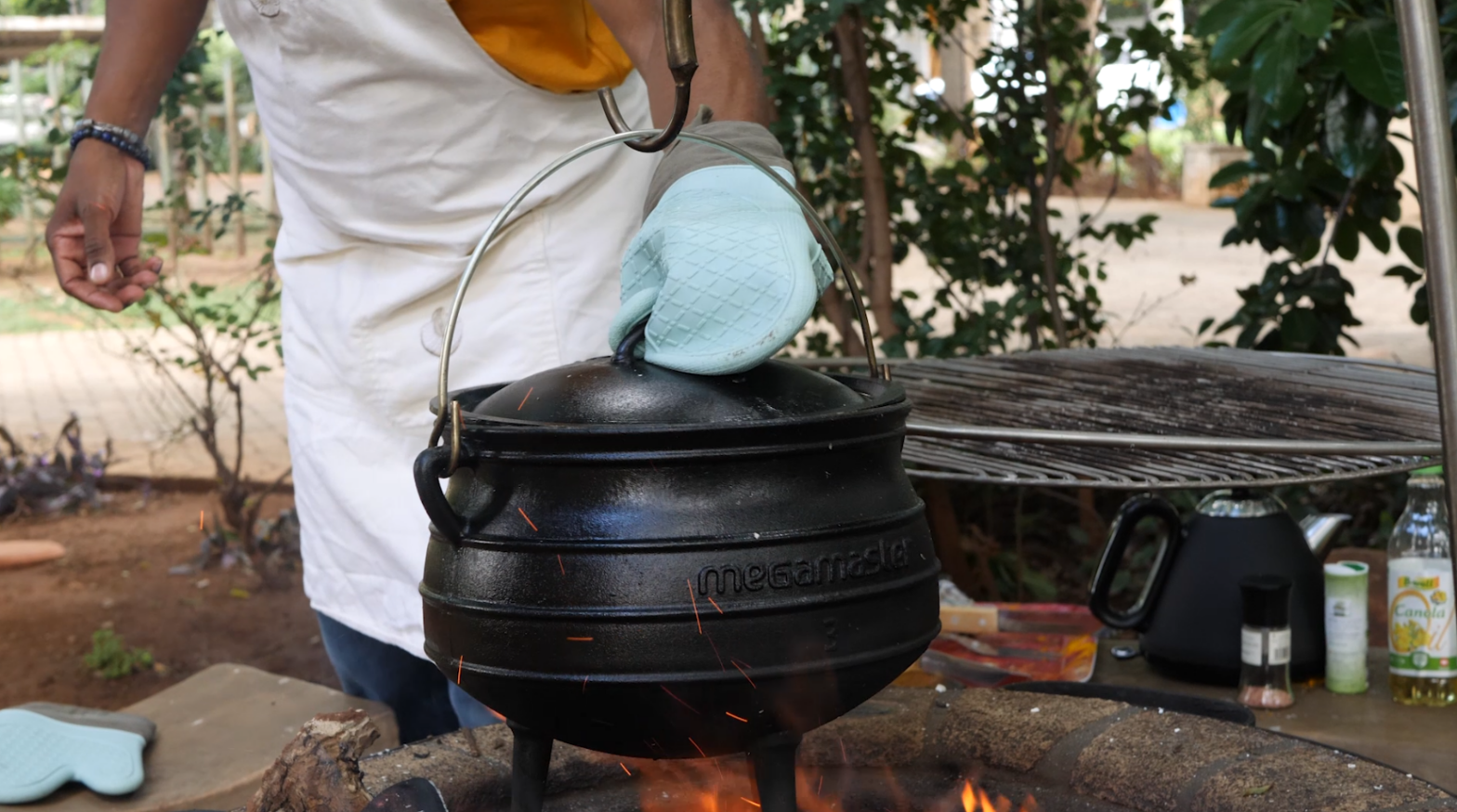Partager Twitter Facebook Email Copy URL
Or, archives require a present: 20 years of the Archives for Democratic Socialism – en anglais !

Authors: Dietmar Bartsch, Friedrich Burschel, Peter Delis, Alex Demirović, Dagmar Enkelmann, Bärbel Förster, Wolfgang Gehrcke , Margret Geitner, Claudia Gohde, Christine Gohsmann, Gregor Gysi, Thomas Händel, Bernd Hüttner, Urs Kälin, Christian Koller, Anja Kruke, Andreas Marquet, Uwe Michel, Bernd Riexinger, Albert Scharenberg, Jörn Schütrumpf, Andrej K. Sorokin, Andreas Steigmeier, Tom Strohschneider, Marga Voigt, Sahra Wagenknecht, Jochen Weichold, Florian Weis, Tobias Wildi, Evelin Wittich
Edited by: Bärbel Förster
When I think about our Archives for Democratic Socialism, this quote from Peter Weisscomes to mind: “Speaking, reading, and writing are in flux over the course of time. Sentences beget their opposites, questions beget answers, answers beget new questions. Claims are revoked, what has been revoked is subject to renewed evaluation. The writer and reader are in motion, they are always subject to change.”
Archives provide generations to come with information about specific periods of time, about views and insights, about events and processes, about political actors, and their thoughts and decisions. The documents in the files, the pictures, the sound and video recordings preserve what has been said and written as testimonies to certain historical periods. They are a prerequisite for future generations to be able to authentically engage with this period of time, ask new questions, and perhaps find surprising answers and other assessments.
The Rosa-Luxemburg-Stiftung archive has existed for 20 years, and it is no secret that our Archives for Democratic Socialism is something special. It is one—perhaps even the—memory of leftist movements, socialist ideas, left-wing party-political developments, and democratic action since 1989. And yet our archive is only as good as we make it.
Of course, sifting through personal documents after an active political life and entrusting them to an archive requires effort and can in some instances even be painful; it is not an easy decision to make. But let us be honest: when held in private ownership, documents are often stored in boxes in a basement or on the floor, of course always with the intention of taking good care of them, of one day looking through them, perhaps writing a book, or considering professional archiving at a later date.
It is up to us to keep our history and that of Die Linke and its predecessors—be it the Socialist Unity Party of Germany (SED)/ Party of Democratic Socialism (PDS), Die Linke. PDS, or Labour and Justice – The Electoral Alternative (WASG)—authentic and alive in historical memory. But we are not starting from scratch. Twenty years of archival work have made numerous documents on the origin and development of our party and leftist movements available, as well as on the effect of left-wing forces on democratic decision-making processes. The archive also includes documents on individuals that were part of these developments and processes. Scholars, students, and journalists already actively use our archives. Every archive is part of the collective memory of society as a whole, including our Archives for Democratic Socialism. We have chosen to seize the archive’s 20th anniversary as an opportunity to take stock and formulate new goals. This includes presenting its various functions as the memory of the party, the memory of the RLS, the memory of parliamentary work, the memory of social movements, and the memory of political figures, in addition to encouraging reflection and participation.
This publication should help you recognize the value of your own documents and motivate you to add them to the collective memory of the Left. The authors describe what they associate with left-wing memory from the perspective of the writers and readers, as well as why they consider such memory necessary, what it consists of, whom or what it serves, and what demands it must meet. For the most part, these are personal views and assessments. I would like to thank all those involved.
Dagmar Enkelmann
Dagmar Enkelmann holds a degree in history and has been the chair of the Rosa-Luxemburg-Stiftung since 2012. During the political upheavals of 1989–90, she was actively involved in the work of the Round Table in Bernau and was elected to the Volkskammer of the GDR in March 1990. She served in the German Bundestag or the Brandenburg state parliament for the PDS and later Die Linke for several legislative periods. From 2005 to 2013 she was first parliamentary secretary of the Die Linke parliamentary group.



